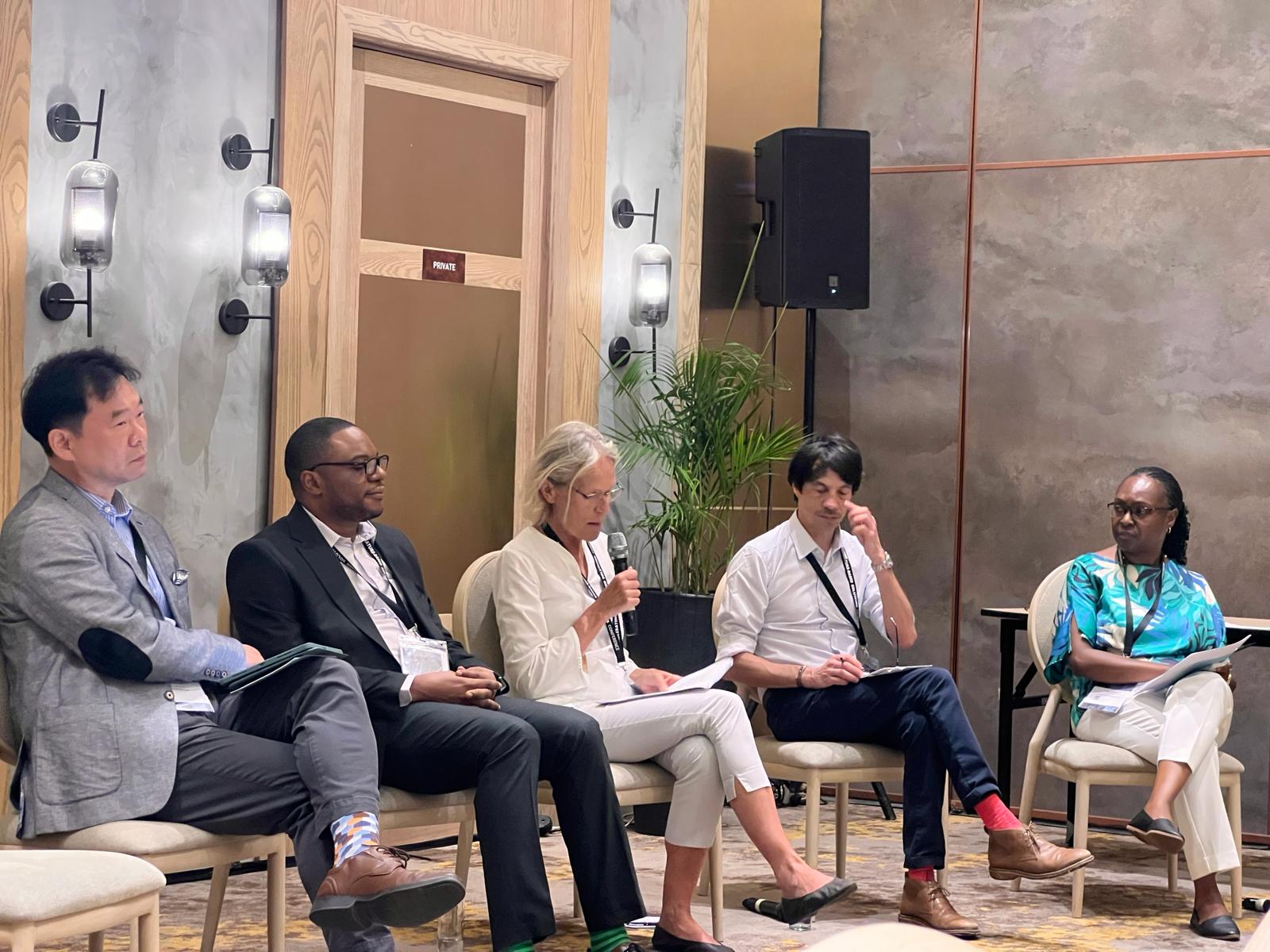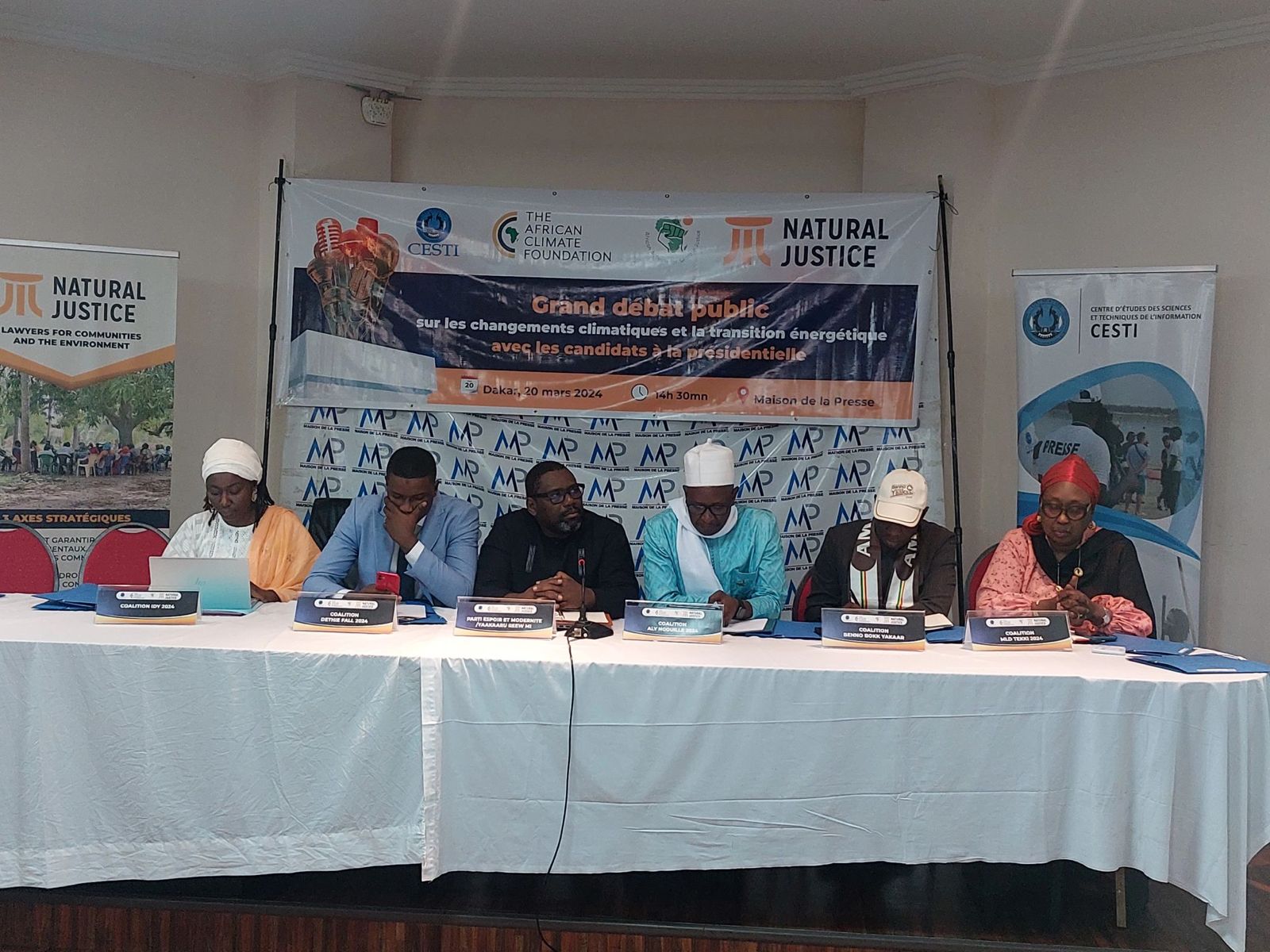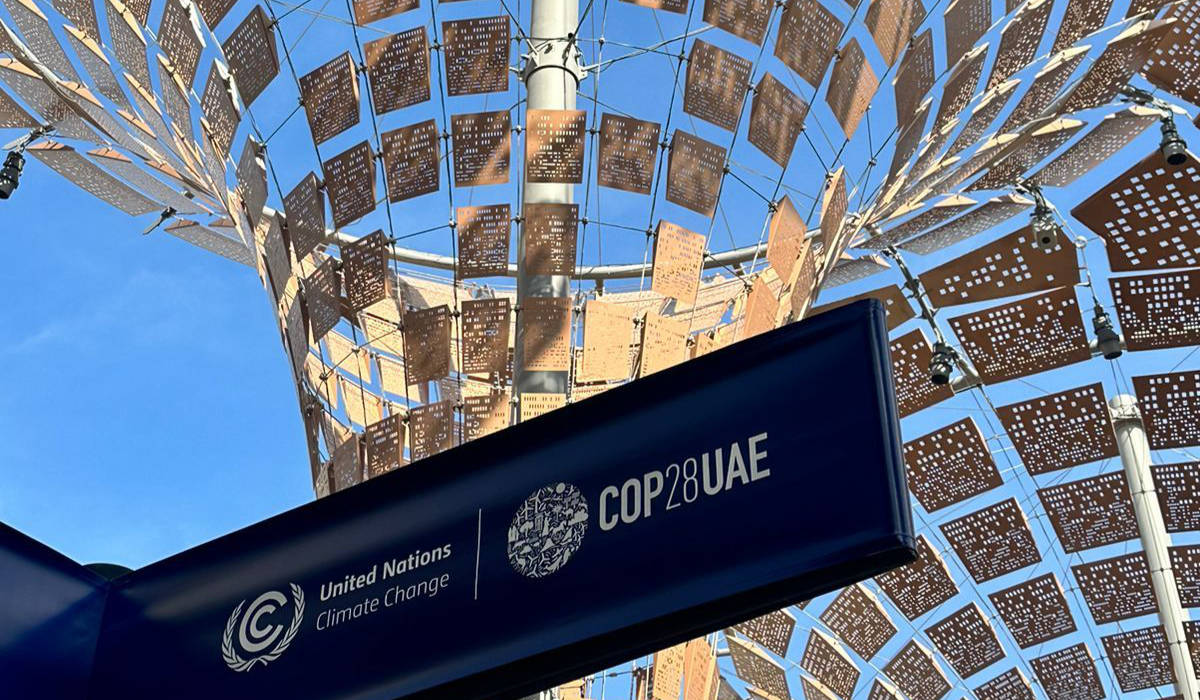The Glasgow climate talks, which concluded over the weekend, have bought the world a step closer to combating the climate crisis. Although COP26 was criticised for not delivering an ambitious enough deal, analysts feel that the talks delivered many positive outcomes.
Developments
- The big climate deal emerging from the talks is the Glasgow Climate Pact. For the first time in the UN’s Framework Convention on Climate Change process, specific references were made to phasing down unabated coal power and phasing out inefficient fossil fuel subsidies.
- Another success was that parties managed to finalise the Paris Agreement Rulebook, which means that the agreement is now operational and implementable. The big sticking point in finalising the rulebook was the so-called Article 6, the chapter on carbon credit trading systems, which essentially deals with climate projects that cross national boundaries. Negotiators were able to define how countries trade carbon offsets and how they use non-market-based approaches to cut emissions in other countries.
- Another win for Glasgow was that negotiators were able to complete the enhanced transparency framework. This defines the tables, outlines and other formats for the reports, and will enable parties to submit their first biennial transparency reports in 2024. These reports, which were agreed to under the Paris Agreement, will detail their climate actions plans.
In the closing plenaries, where parties were able to give their final reflections on the talks, many pointed out that though the Glasgow deal was not perfect, they had signed it because they believed it took the negotiations forward.
Decisions
Other big decisions that were made at COP26 were:
- That developed countries would double their adaptation finance from 2019 levels, by 2025, and that all parties will have to submit their updated nationally determined contributions (NDCs) – their pledge on how much they will cut their emissions – before the next COP.
- On common time frames, countries agreed to submit new NDCs every five years. Thus in 2025, NDCs that outline countries’ plans with an end date of 2035 will be submitted, and then in 2030 NDCs with an end date of 2040 would be submitted.
- The Glasgow Pact also established an annual high-level ministerial roundtable on pre-2030 ambition and an annual dialogue to strengthen ocean-based action on climate change.
- African delegates polled after COP26 concluded felt that the two-year programme of work was progressive, as was a move from five-year reviews of country-by-country submission to an annual review. The annual reviews could assist countries in submitting their 1.5 degree compatible NDCs, delegates believed.
Needs more work
One of the biggest disappointments was the discussion around loss and damage. Many developing countries lamented the outcome on this subject. Delegates had hoped COP26 would establish a firm financial mechanism to help fund vulnerable countries’ loss and damages they would experience as a result of the climate crisis, but wealthy countries remain loath to admit any blame because they fear lawsuits in the future. As a result the loss and damage negotiations were dubbed the Glasgow Dialogue, and this discussion will convene from 2022 to 2024 to find a solution on the divisive topic. Disappointed African delegates said that advanced economies were simply not taking responsibility for their role in loss and damage.
Where will Glasgow take us?
Saliem Fakir, the executive director of African Climate Foundation, said the agenda for the climate talks in future was going to have to focus on a more integrated approach between adaptation, where countries have to adapt to effects of climate change, and mitigation, where countries have to cut emissions to slow warming.
“The reason for that is that Africa does need cheaper, cleaner energy. Politically it is important for us to focus on adaptation, but we have to take a more integrated approach to dealing with climate change. We shouldn’t create an artificial divide between adaptation and mitigation.”
Fakir said that coal has finally been addressed in firm language at climate talks, which was a big positive. He said South Africa should urge its partners particularly in India and China to phase out coal in 20 years down the line.
“I would say in the outcome of COP26 the big positive is that for the first time in the history of the climate talks we are talking about phasing out coal. Yes, the phasing out of coal is still insufficient and we have to work harder to push ambitions. We have to review them on a constant basis every year and we have to push the ambition to greater heights.”



